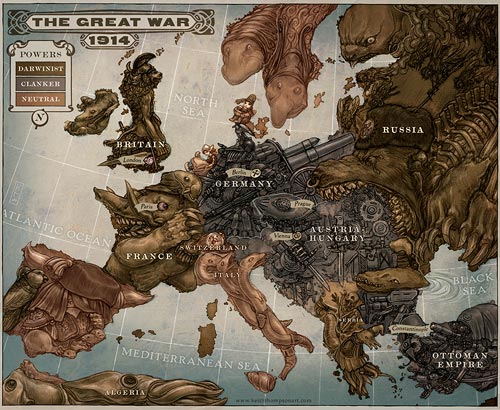vendredi 18 décembre 2009
Making Room for China
The Gold Bubble and the Gold Bugs
mercredi 16 décembre 2009
The Stories you missed in 2009
Sometimes it's the page A14 stories -- the ones that never see the light of cable news or take a second life in the blogosphere -- that tell you the most about what happened during any given year. From a naval alliance that could shift the military balance of power on two continents to a troubling security gap in the U.S. passport system to a brand-new way to circle the globe, these are the stories that never got the attention they deserved in 2009 but could dominate the conversation in 2010.
The Northeast Passage Opens for Business
The mythic Northwest Passage still captures imaginations, but this September, two German vessels made history by becoming the first commercial ships to travel from East Asia to Western Europe via the northeast passage between Russia and the Arctic. Ice previously made the route impassable, but thanks to rising global temperatures, it's now a cakewalk. "There was virtually no ice on most of the route," Capt. Valeriy Durov told the BBC. "Twenty years ago, when I worked in the eastern part of the Arctic, I couldn't even imagine something like this."
The significance of this development varies depending on whom you ask. The passage could be a gold mine for the commercial shipping industry, opening up a vastly shorter and cheaper route from Asia to Europe. But for environmentalists, the news is a sign that climate change may be reaching a dangerous tipping point.
Scientists' latest observations suggest that the Arctic might be largely ice-free during the summer within the next decade. The environmental consequences -- increased flooding in coastal regions around the world and extinction of local animal species -- are well known. But the thaw also opens possibilities for geopolitical competition. Russia has literally planted its flag beneath the Arctic ice, staking a claim to newly accessible natural resources, much to the consternation of the other northern states. The newly opened route will also benefit Russia by bringing new business to its eastern ports. With the scramble for the Arctic's riches heating up, even peaceful Canada has been holding war games to prepare for possible military confrontation.
Photo: istockphoto.com
Check the rest by following this link





